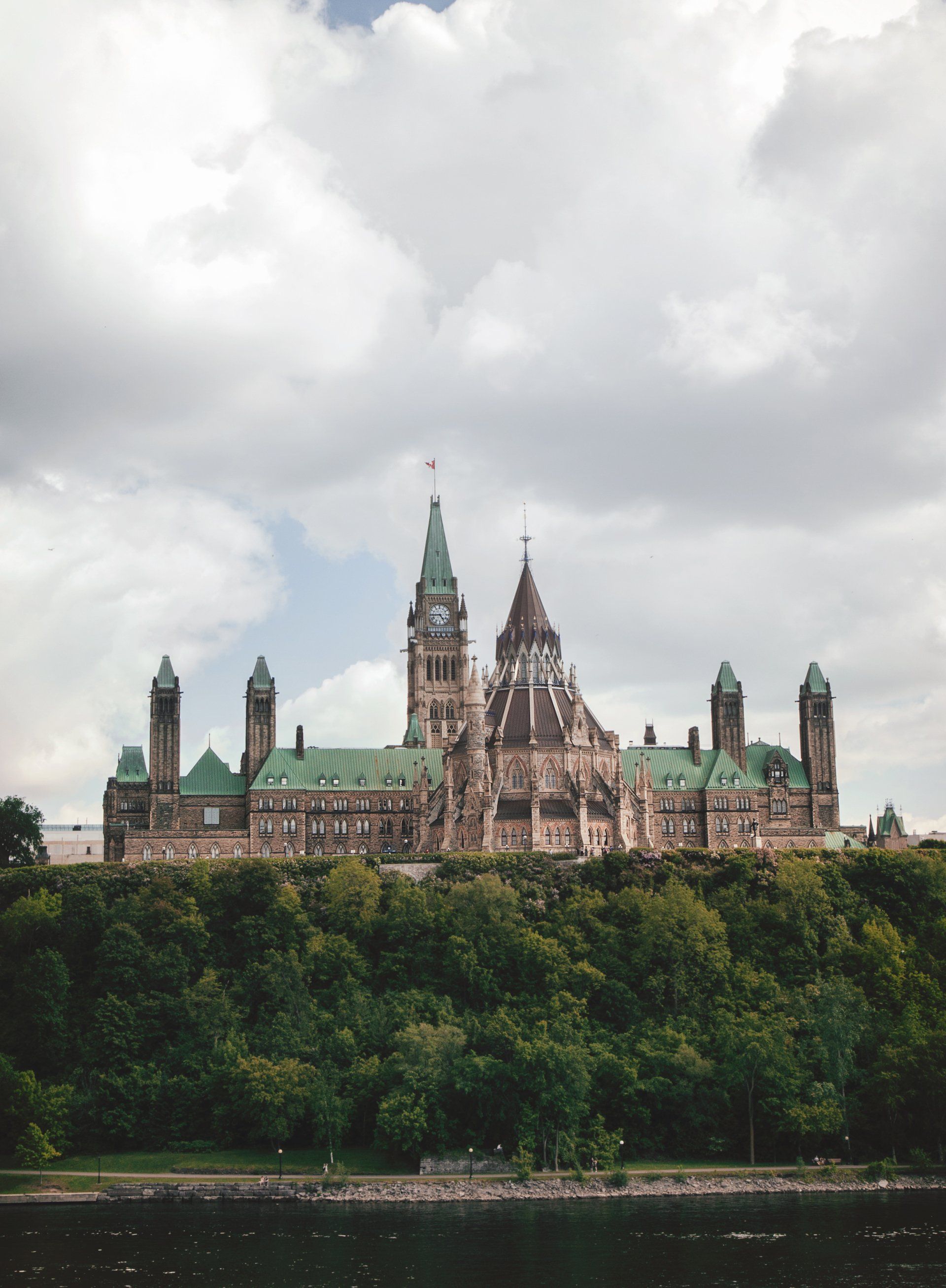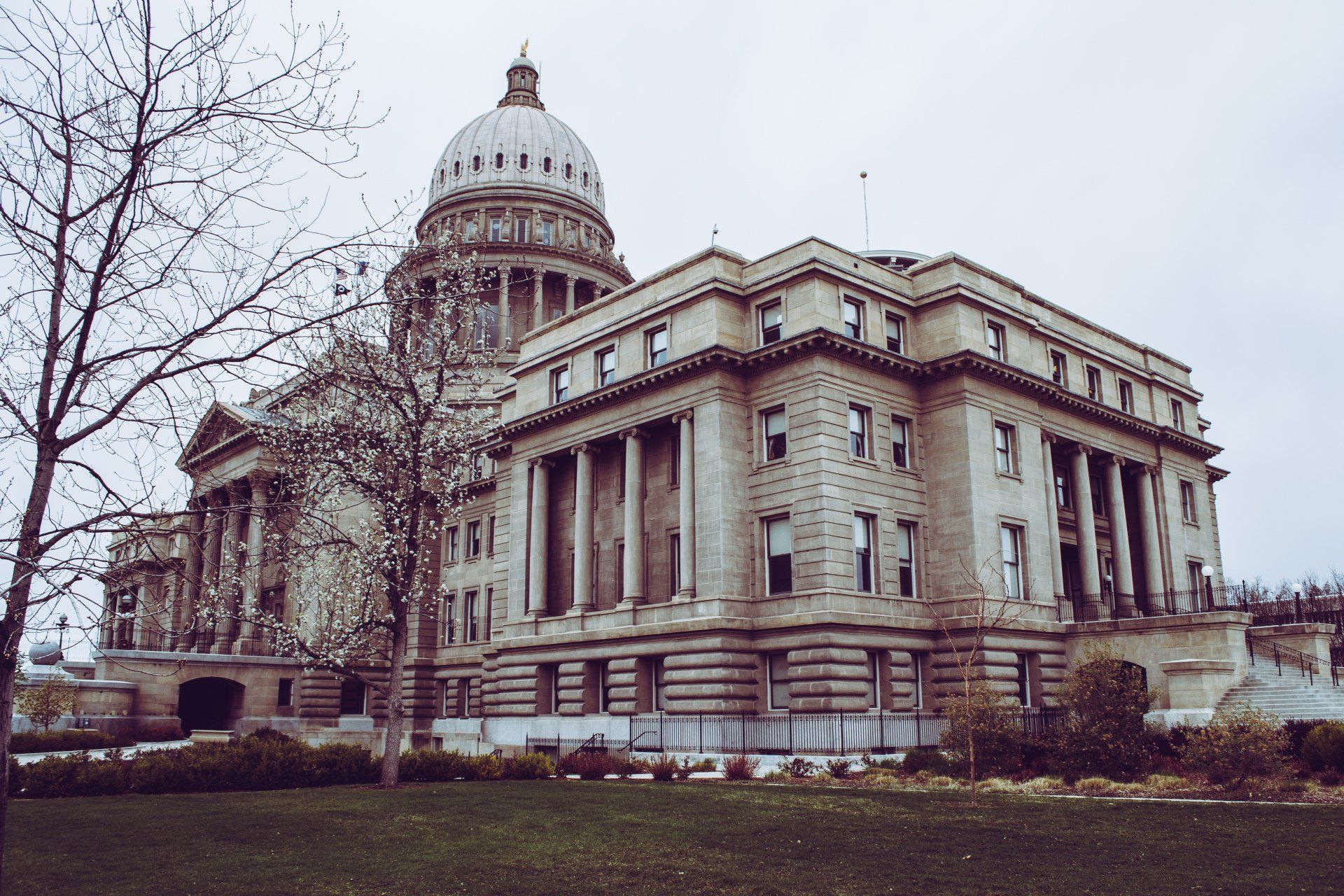Short-Term Vacation Rentals
How Platforms Like Airbnb Impact Hosts, Guests, and Cities
As pandemic restrictions ease and travelers flock to new cities around the world, short-term vacation rental platforms such as Airbnb provide an attractive alternative to traditional hotels.
Offering a unique opportunity to live like a local, Airbnbs and other short-term rental sites have rapidly grown in popularity over the past decade. And while they still don’t match up to hotels in terms of market size, there’s no doubt that they’ve reshaped the way that people travel.
So, how have short-term vacation rentals affected the hosts who rent out their properties, the guests who stay in these accommodations, and the cities who have seen an explosion of new listings in their communities? And do the benefits outweigh the costs?
This article, part of a series on the rise of the gig economy, will explore the pros and cons of short-term rentals.
An Overview of the Short-Term Vacation Rental Industry
Short-term vacation rental platforms allow property owners to rent out space to travelers. Originally billed as a way to make additional income off of a spare room or to offset the cost of a mortgage while a unit was vacant, entrepreneurs and investors quickly realized that they could professionalize the industry and build significant businesses.
VRBO (Vacation Rentals By Owner) launched as one of the first vacation rental platforms in 1995. But the industry hit the mainstream with the arrival of Airbnb in 2008. Since then, the global vacation rental industry has grown to more than US $82 billion in 2022, with more than 887 million users expected to book a short-term rental by 2026.
These numbers are still relatively small compared to the traditional hotel and resort sector. Worldwide revenue peaked before the pandemic at $1.52 trillion in 2019, before dropping back to around $1 trillion in 2022 as the industry recovered from the pandemic.
Advantages of Short-Term Vacation Rentals
Hosts Can Build a Viable Business
When it first started, Airbnb was aimed at allowing people to rent out a spare room to make additional income. And this is still a viable option for many users on the platform. In fact, a 2021 survey found that 54 percent of those who own their home would consider renting it out and that a further 82 percent believe this is a good money-making strategy.
In terms of average earnings, Airbnb far exceeds other gig economy platforms such as Taskrabbit, Uber, and Fiverr. A 2021 report showed that nearly half of all Airbnb hosts make more than $500 per month, while the top 10 percent earn at least $2000 per month. Overall, the average host earned $924 per month, more than triple that of Taskrabbit users which ranked second on the list.
Another advantage of Airbnb is that it can grow into a larger business. Unlike Uber, where earnings are limited by the driver’s time and ability to provide rides, Airbnb hosts can have multiple listings earning money simultaneously. There are nearly 2 million professionally managed vacation rental properties in the US alone, and more than 60,000 Airbnb hosts operate at least two other listings. For those who can, Airbnb represents a real opportunity to make money, especially in tourist destinations.
Guests Gain Unique Experiences Compared to Hotels
Unlike hotels, short-term rentals typically offer guests a unique travel experience in different parts of a city. They allow guests to live more like a local, seeing the city more authentically than if they stayed at a hotel.
In general, guests have tended to prefer Airbnbs to hotels. A recent Goldman Sachs survey found that 79 percent of respondents preferred hotels until they stayed in a vacation rental, at which point the number dropped to only 40 percent. A second survey also found that 60 percent of travelers who had used both preferred Airbnbs.
Among the top reasons for choosing a vacation rental over a hotel included access to a kitchen, increased privacy, and the larger space offered by rentals. Interestingly, leisure travelers tended to prefer Airbnbs, while business travelers preferred hotels. Nearly 70 percent of business travelers reported a negative experience with the platform.
Cities Can Benefit From Tourism and Taxes
Airbnb and other short-term rental platforms can bring tourists to cities and provide an economic benefit to surrounding communities. According to one 2017 study, Airbnb was found to support more than 730,000 jobs and deliver more than $61 billion in global output. Beyond these economic benefits, Airbnb claimed to have collected and remitted more than $1.5 billion in tourism taxes in the US in 2021, an increase of 87 percent over 2019.
However, there is some evidence to suggest these claims may be misleading. For example, two studies have found that only 2 to 4 percent of Airbnb guests would not have taken their trip if Airbnb wasn’t available, indicating that travelers are simply substituting hotel stays rather than traveling more.
Likewise, hotels are typically the largest source of tourism tax dollars for cities, and in places that lack strong regulations, cities are likely to lose out on a significant share of this important source of revenue.
Disadvantages of Short-Term Vacation Rentals
Inconsistent Accommodations
While Airbnbs offer unique experiences and a wider choice of accommodations, the flip side of this point is that guests can have vastly different experiences from one stay to the next. The platforms themselves take a light-touch approach to managing the accommodation, leaving the hosts responsible for everything. As a result, there is no guarantee of the level of service, quality, security, and cleanliness once a guest arrives.
On the inconvenient end of the scale, this could mean a difficult check-in experience or a host being late to drop off a key. In other cases, guests have found units that have not been properly cleaned or repaired between visits.
The beginning of the COVID-19 pandemic offered a unique glimpse into how this could impact guests. Most hotels offered generous refunds to travelers who had to cancel their trips due to the pandemic, while sites like VRBO left it up to the hosts to decide. Airbnb eventually set up a large fund to help cover the cost of refunds for hosts, but guests still had to go through the host to receive a refund.
But the lack of standards can have more dangerous consequences as well. There are many horror stories of violence, break-ins, and other security concerns. In one case, Airbnb paid $7 million to a guest after she was assaulted by someone with a duplicate key to the unit.
Short-Term Rentals Raise Housing Costs
One of the biggest issues surrounding short-term vacation rentals is that they take housing off the market and repurpose it for tourists who don’t live in the city. With less supply, housing prices increase, eventually pricing people out of the market and forcing them to move to other communities.
While all cities face this challenge, the problem is greatest in cities with large tourism industries such as New York, Barcelona, and Toronto. A 2019 report showed that 6,500 homes were removed from the market in Toronto, and McGill University found that more than 31,000 rental units across Canada were no longer available as housing.
Multiple studies have found a causal link between an increase in short-term rental units and an increase in rental and ownership costs. A 2021 paper from researchers at the University of Cologne in Germany attributed 14.2 percent of overall rent increases to short-term rentals, equivalent to about US $385 per year for new tenants.
A separate study reported in Harvard Business Review found that, when taken in aggregate, the growth of Airbnb alone was causally associated with about 20 percent of the average annual increase in US rents and about 14 percent of the annual increase in housing prices.
Short-Term Vacation Rentals May Be Illegal or Increasingly Regulated
Citing the impact on housing costs as well as the local communities they operate in, many cities have taken steps to regulate, tax, or outright ban the short-term rental industry.
Barcelona, a long-time tourist destination, became the first European city to ban short-term private-room rentals in August 2021. Other European cities including Berlin, Prague, Madrid, and Amsterdam have all passed regulations of their own in the forms of quotas, licenses, zoning, or taxes to limit the spread of short-term rentals.
As cities grapple with how to regulate these so-called “ghost hotels”, they are also struggling to enforce existing regulations. Because of the additional burden placed on city staff, many illegal listings remain available on platforms such as Airbnb. In New York, for example, 45 percent of all Airbnb reservations were illegal, accounting for more than two-thirds of all revenue earned in the city.
Short-Term Rentals Offer an Alternative to Traditional Hotels, But With Some Costs
Short-term rentals provide travelers with more choice of where to stay, a unique accommodation over a hotel, and an opportunity to experience a city like a local. But while they may claim to bring economic benefits to a city, the existing evidence suggests these benefits are outweighed by the costs incurred by cities in the form of increased housing costs and a loss of tourism tax revenues.
As the tourism industry rebounds from the pandemic, short-term vacation rentals will continue to be an attractive choice for travelers. In response, cities will need to continue to find ways to allow these services to operate while mitigating the downsides for local residents. When traveling, guests should look to choose an accommodation that fits their budget, needs, and location, while taking steps to ensure they are following all regulations and being good neighbors to those who live in the community.


